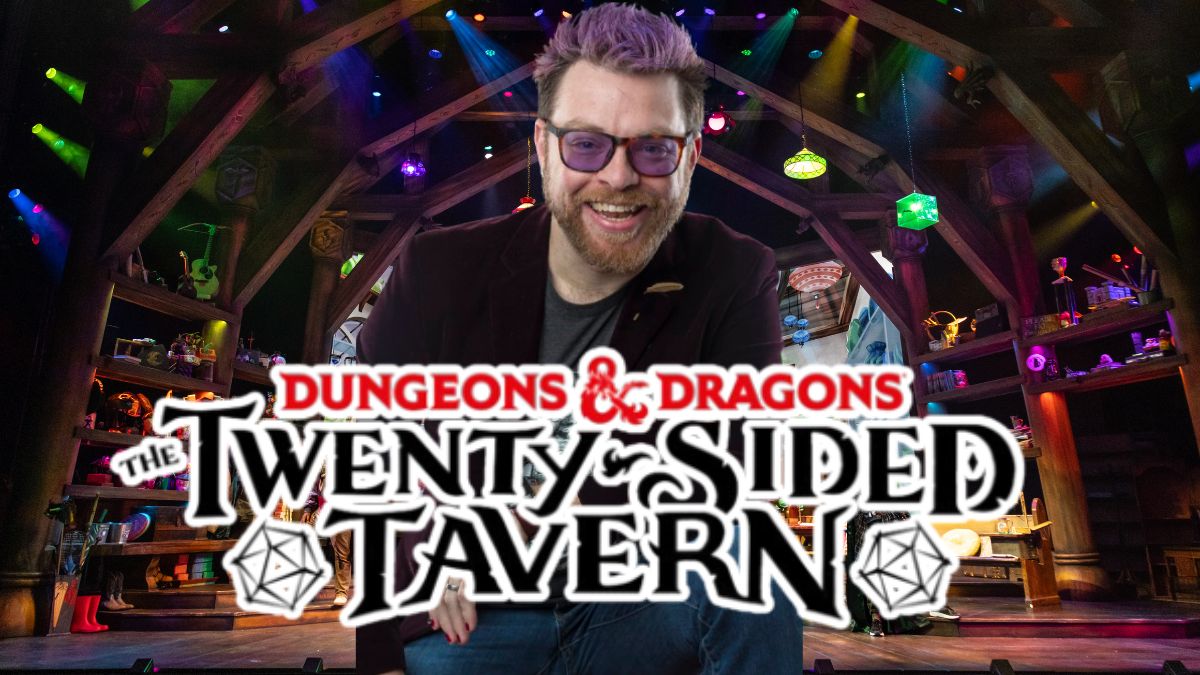
Findings from Australia’s Queensland University of Technology shows families that game together build stronger relationships and improve a young person’s social, psychological and emotional well-being.
The traditional idea of “family night” involved mom, dad and kids either sitting around and playing a board game or watching a movie together. Well, new research from Australia shows that video games – long blamed for all manner of woes among the young’ins – may be just as well suited for some familial bonding.
Cooperative gaming in particular resulted in players who had better personal skills, according to the Queensland University of Technology. “Games that kids are playing require lots of strategy, require teamwork and while they’re playing they’re chatting about things going on in their life – so it’s a social experience at the same time,” said Daniel Johnson, director of the university’s games research and interaction design lab. “But how you play is more important than how much or what you play – so if kids are playing with friends or family and playing cooperatively, then that’s really going to help them build relationships,” he continued.
Interestingly, Johnson’s study also showed evidence that children who don’t play games can actually be at a greater social disadvantage. Apparently, games have become such a pervasive part of popular culture that not knowing about them detracts from what Johnson calls “a balanced media diet.”
So, next time mom or dad tells you to stop playing so many games, pass them a controller instead. Or, if you’re a parent yourself, make your tyke your player two. It’s for their own good.
Source: The Australian via GamePolitics.com




Published: Nov 15, 2013 12:29 am